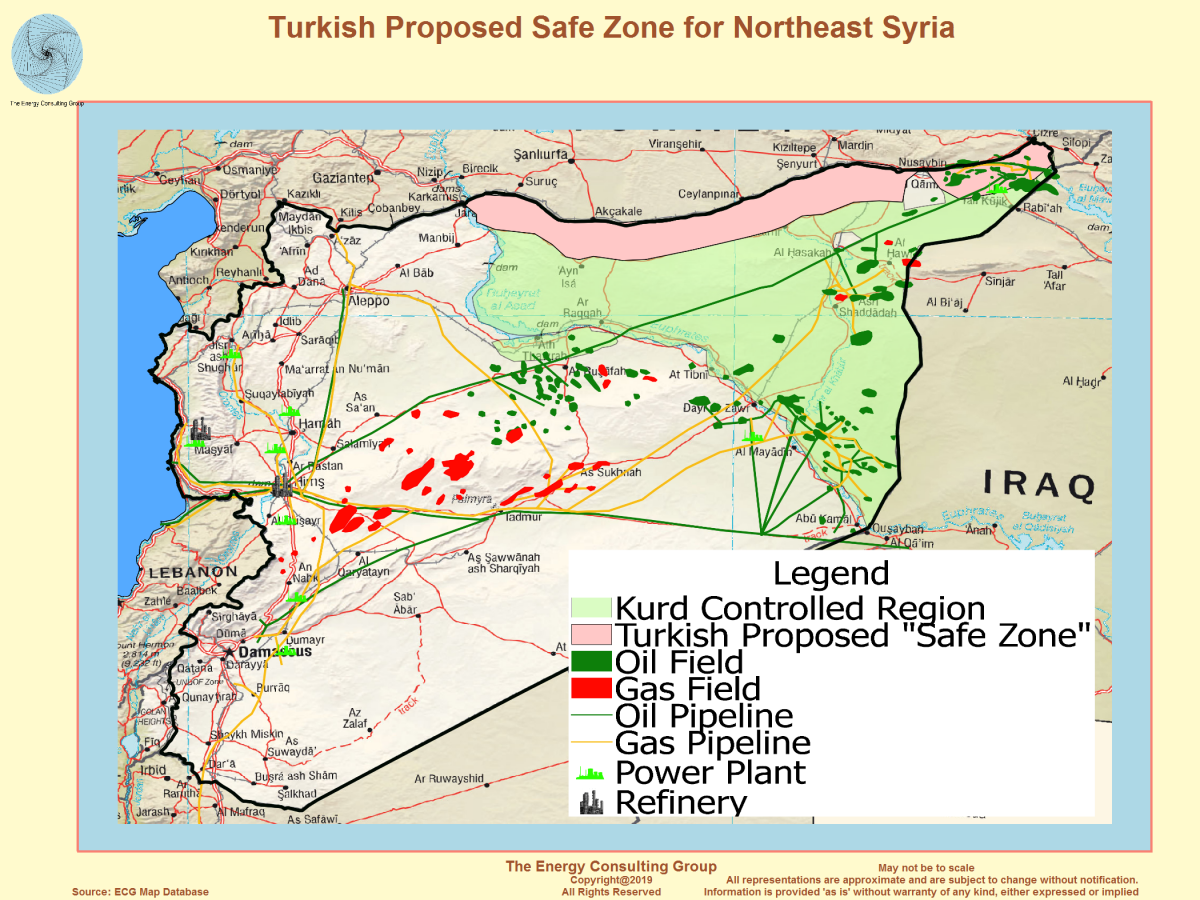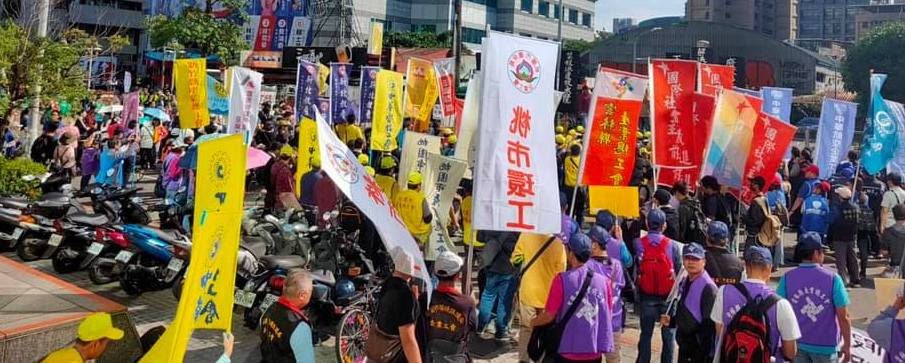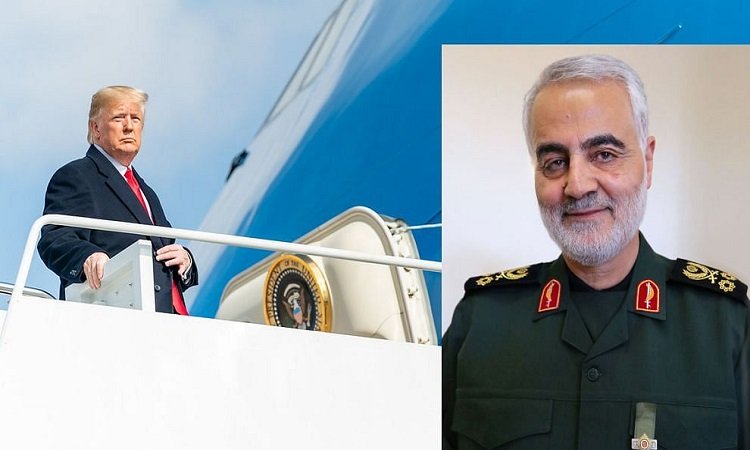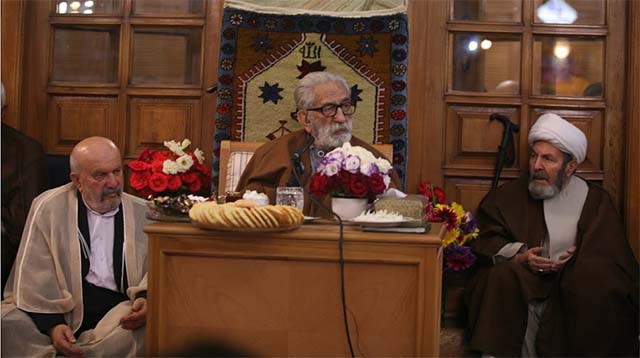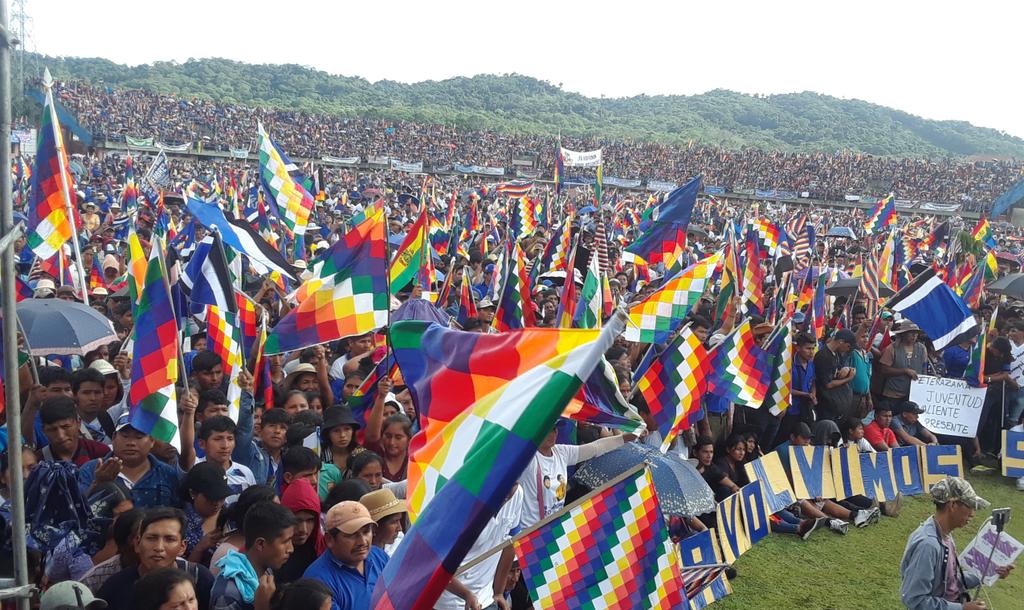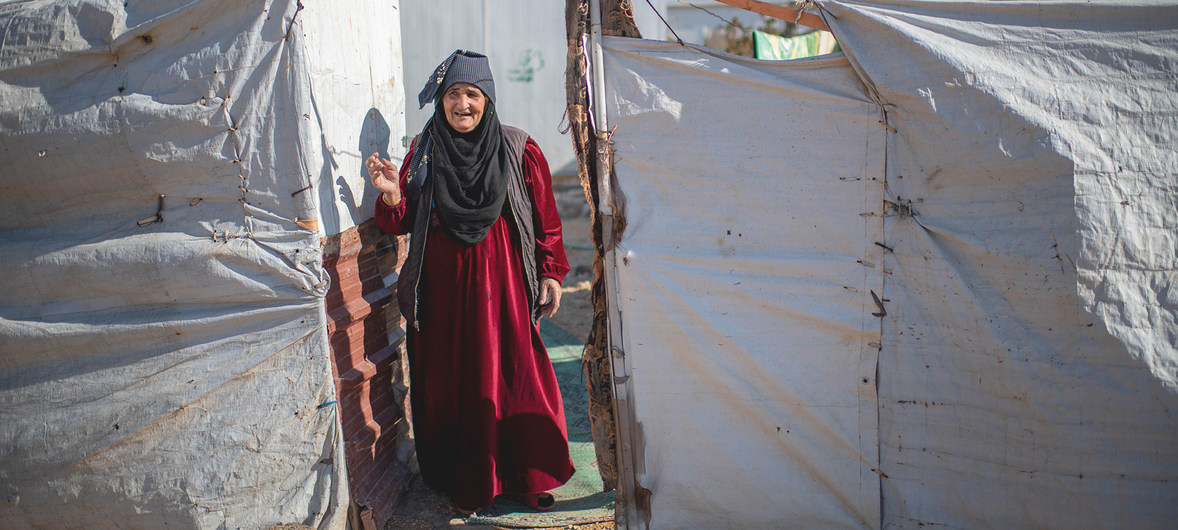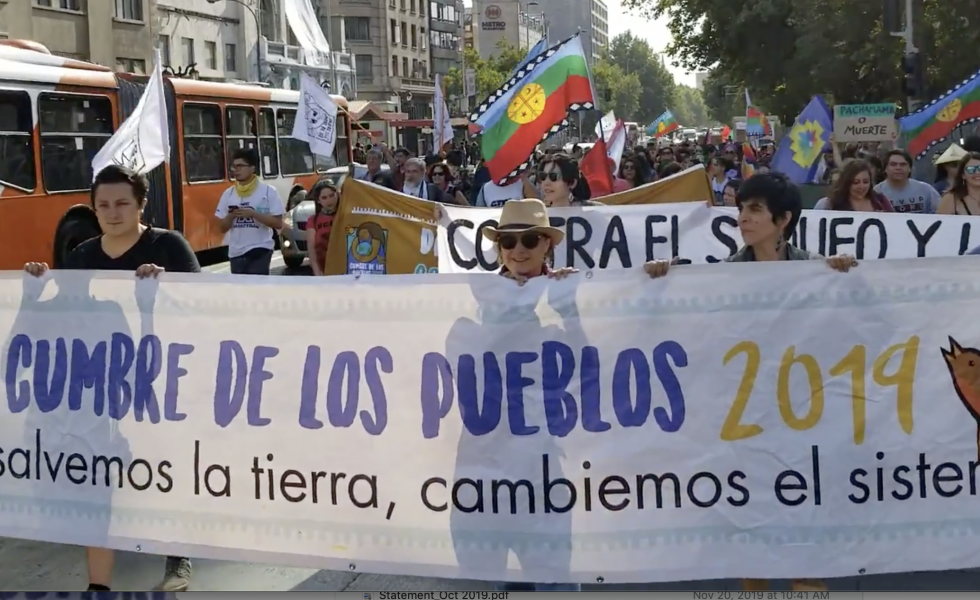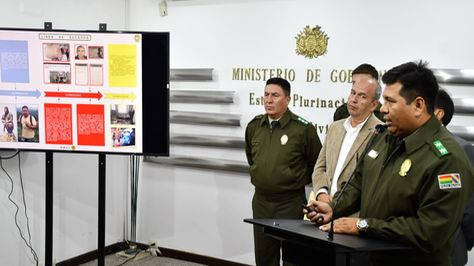
CounterVortex unveils new website
At long last, our new image-heavy mobile-friendly website has been unveiled. Without compromising our characteristic seriousness, comprehension and rigor, we have finally caught up with the smartphone zeitgeist. It was overdue and inevitable, and our developer has generously donated his services pro bono. HOWEVER: Our hosting costs are going up considerably to accommodate this change, effective immediately. Please help us close this gap. So far, six of you have responded to our year-end donation request, for a total of $413. And we salute these six loyal readers! But this is about half of our annual operating costs. And we only ask you for money once a year. So the time is NOW. Please come through for us. In the age of online media, it is critical that you put your money where your reading eyes are, to assure the survival and growth of the voices you support. We’re depending on you. Here’s all the info you need to make a donation, either via check or Paypal.


